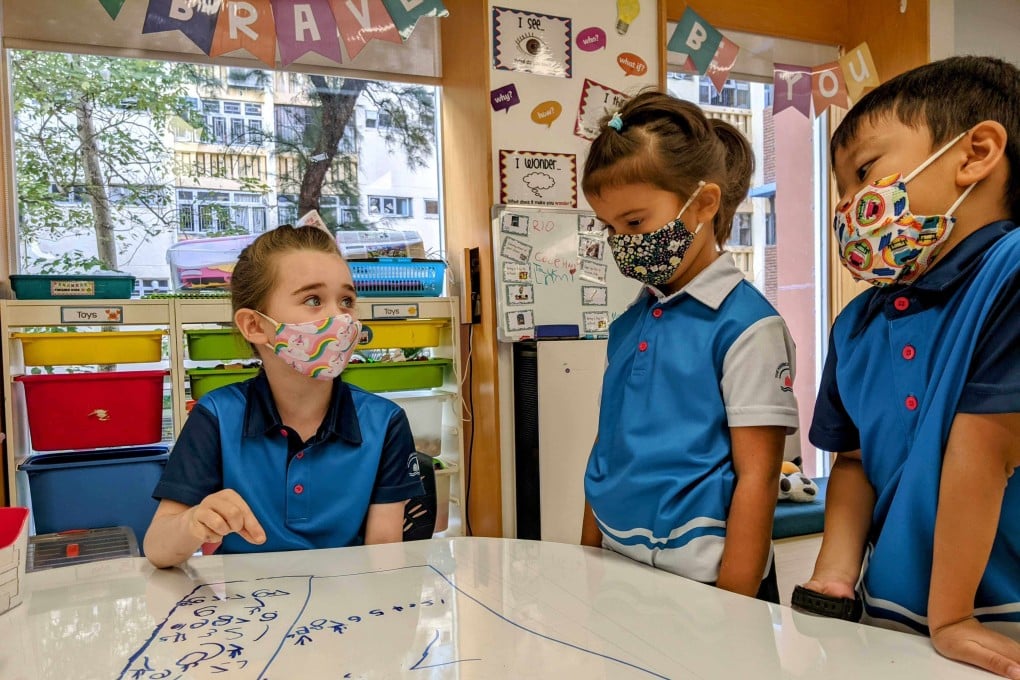What do kids learn from play in their early years? Experts from Hong Kong’s Reggio Emilia and Montessori schools, kindergartens and primaries outline the options
- Heads of school Derek Pinchback, at International College Hong Kong, and Jadis Blurton, at The Harbour School talk about the importance of the early years in setting the tone for learning to come
- Malvern College Pre-School uses the Reggio Emilia principle of “using the environment as the third teacher” while Maria Montessori liked to say that “Play is the work of the child”

When it comes to early years schooling, educators and parents can agree that it is the most crucial and formative period, laying the foundation for a child’s future success in learning. This is the time when children can most easily foster a positive attitude towards accruing knowledge, and appealing to their natural interest in play can go a long way to ensure future progress.
“That is the time when they create meaning in what they learn and this positive attitude carries with them for the rest of their lives,” says Derek Pinchback, head of school at International College Hong Kong (ICHK).
And his peers agree, noting that kindergarten and primary are the school years when children authentically learn, discover and understand the academic objectives put forward to them. For this reason, appealing to their natural desire for play is important.
Not just child’s play
“It’s about fostering that attitude towards learning. Kindergarten really sets the tone for learning for the children’s life as it links into their natural curiosity,” says Pinchbeck, who has published a number of writings on the topic.
When play and academics are intrinsically connected, play becomes the most powerful vehicle for a young child to inquire, explore, collaborate, think critically, and to expand their knowledge, skills and understanding of the world around them.
As a huge proponent of play-based learning, Jadis Blurton is another well-known expert in the subject area. As head of school at The Harbour School, Hong Kong, she says that parents really have to recognise that “play” is really the child’s “work”. She notes that there can be a real misunderstanding around play, especially in a school environment. Thanks to the traditional concepts of schools, it’s easy to separate play and learning into classroom time and recess or break, but in fact the two need to be balanced and intrinsically linked.

She emphasises that this concept is nothing new. From a cognitive perspective, renowned psychologist Lev Vygotsky, who is best known for his work on psychological development in children, pointed out through his research during the early 1900s that play is when children operate at their highest possible cognitive level. In other words, children are in the best mindset for learning when they’re playing.